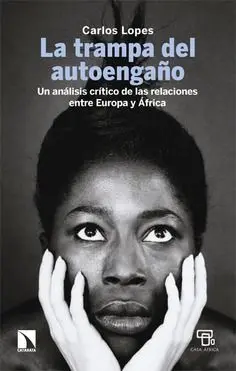PARABLES FOR VIRTUAL
MASSUMI

Although the body has been the focus of much contemporary cultural theory, the models that are typically applied neglect the most salient characteristics of embodied existencemovement, affect, and sensationin favor of concepts derived from linguistic theory. In Parables for the Virtual Brian Massumi views the body and media such as television, film, and the Internet, as cultural formations that operate on multiple registers of sensation beyond the reach of the reading techniques founded on the standard rhetorical and semiotic models.
Renewing and assessing William Jamess radical empiricism and Henri
Bergsons philosophy of perception through the filter of the post-war French philosophy of Deleuze, Guattari, and Foucault, Massumi links a cultural logic of variation to questions of movement, affect, and sensation. If such concepts are as fundamental as signs and significations, he argues, then a new set of theoretical issues appear, and with them potential new paths for the wedding of scientific and cultural theory. Replacing the traditional opposition of literal and figural with new distinctions between stasis and motion and between actual and virtual, Parables for the Virtual tackles related theoretical issues by applying them to cultural mediums as diverse as architecture, body art, the digital art of Stelarc, and Ronald Reagans acting career. The result is an intriguing combination of cultural theory, science, and philosophy that asserts itself in a crystalline and multi-faceted argument.
Parables for the Virtual will interest students and scholars of continental and Anglo-American philosophy, cultural studies, cognitive science, electronic art, digital culture, and chaos theory, as well as those concerned with the science wars and the relation between the humanities and the sciences in general.
This is an extraordinary work of scholarship and thought, the most thorough-going critique and reformulation of the culture doctrine that I have read in years. Massumi's prose has a dazzling and sometimes cutting clarity, and yet he bites into very big issues. People will be reading and talking about Parables for the Virtual for a long time to come. Meaghan Morris, author of Too Soon Too Late: History in Popular Culture
Have you been disappointed by books that promise to bring the body or corporeality back into culture? Well, your luck is about to change. In this remarkable book Brian Massumi transports us from the dicey intersection between movement and sensation, through insightful explorations of affect and body image, to a creative reconfiguration of the nature-culture continuum. The writing is experimental and adventurous, as one might expect from a writer who finds inventiveness to be the most distinctive attribute of thinking. The perspective Massumi unfolds will have a major effect on cultural theory for years to come.William Connolly, Johns Hopkins University
It is not enough to describe Massumis book as a brilliant achievement. Seldom do we see a political thinker develop his or her ideas with such scrupulous attention to everyday human existence, creating a marvelously fluid architecture of thought around the fundamental question of what the fact of human embodiment does to the activity of thinking. Massumis vigorous critique of both social-constructionist and essentialist theorizations of embodied practices renews the Deleuzian tradition of philosophy for our times.Dipesh Chakrabarty, University of Chicago
Brian Massumi is Associate Professor of Communications at the Université de Montréal. He is the author of Users Guide to Capitalism and Schizophrenia: Deviations from Deleuze and Guattari and First and Last Emperors: The Absolute State and the Body of the Despot.






